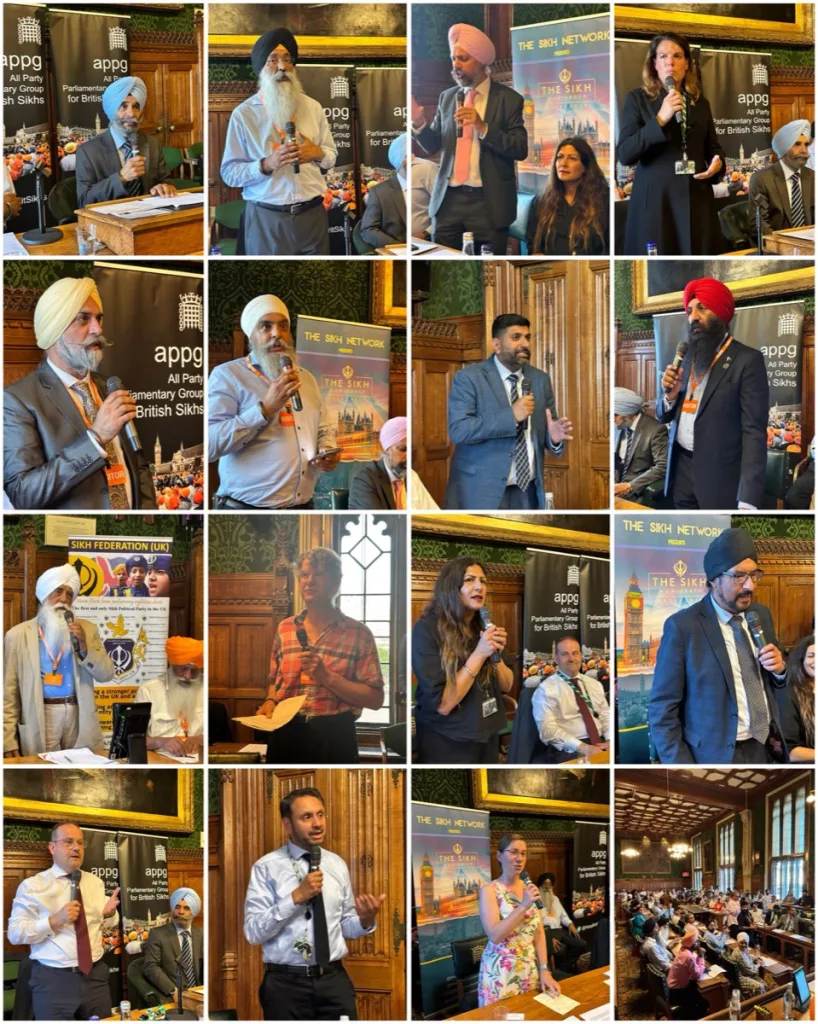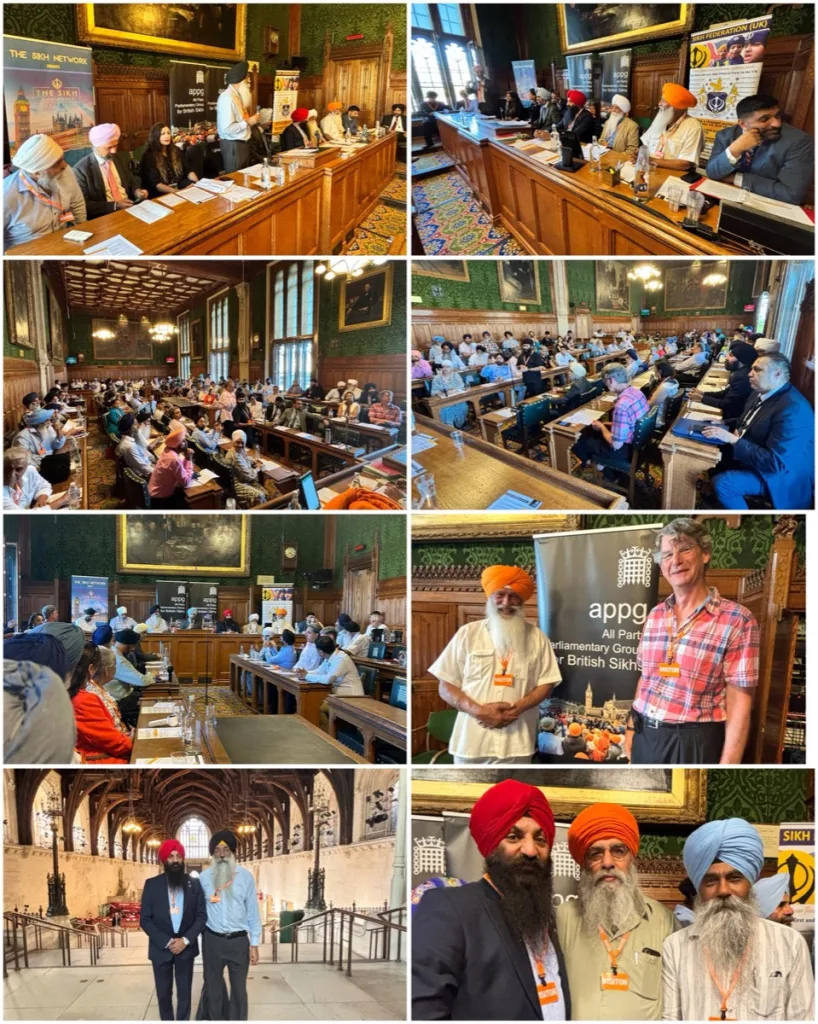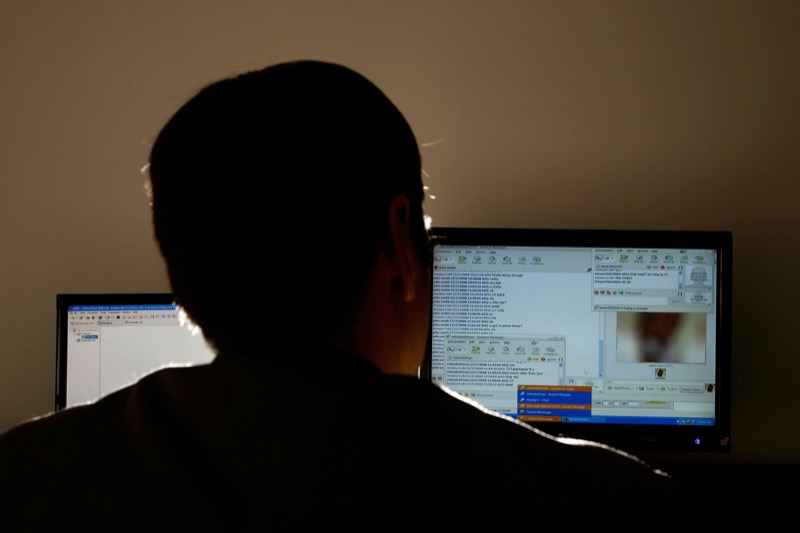Two decades after its formation, the All Party Parliamentary Group (APPG) for British Sikhs marked its 20th anniversary last week with a gathering in Parliament that celebrated progress, acknowledged persistent challenges, and launched a new chapter in grassroots representation.

Formed in July 2005 on the initiative of the Sikh Federation (UK), the APPG has become a crucial voice for British Sikhs in Westminster. Speaking in the historic Committee Room 14, current and former chairs including Preet Kaur Gill MP, Rob Marris, and Jas Athwal praised the Federation’s role in keeping difficult issues on the agenda, often when others remained silent. From lobbying to litigation, the group’s legacy was presented as one of tireless advocacy.
The anniversary also served as a platform for fresh demands.
Chief among them: the long-promised statutory Code of Practice for Sikh articles of faith, stronger protections against anti-Sikh hate crimes, and a long-overdue inquiry into Britain’s role in the 1984 Sikh Genocide in India. Preet Kaur Gill, the Labour MP for Birmingham Edgbaston, reminded attendees that a draft code was produced years ago and that “the community has done all the hard work—government must now deliver.”
One of the most powerful developments of the evening was the formal launch of the UK Gurdwara Alliance – a new collective representing over 200 Sikh temples across the country.
Backed by the Faith Minister Lord Wajid Khan and Sikh community leaders, the Alliance is designed to address a disconnect between central government and Gurdwaras, which many say has long undermined meaningful engagement. Bhai Kuldeep Singh of Guru Nanak Gurdwara in Smethwick called it “an essential bridge between faith institutions and state.”
Gurpreet Singh Anand, President of Central Gurdwara (Khalsa Jatha), London, was clear in his message: the UK Government must fundamentally rethink how it engages with grassroots Sikh organisations. Echoing this, Bhai Mohinder Singh of the Nishkam Sewak Jatha praised Gurdwaras as vital community anchors deserving of more institutional support.
On foreign affairs, MPs renewed their call for action on the case of Jagtar Singh Johal, a British Sikh detained in India since 2017. Douglas McAllister MP confirmed monthly ministerial meetings are now in place to keep pressure on the Foreign Office.

Meanwhile, Dr Lauren Sullivan MP revealed that Prime Minister Rishi Sunak had given a favourable informal response to her call for a public inquiry into the UK’s alleged involvement in the 1984 massacre – a moment met with cautious optimism.
Speakers also raised the alarm over increasing instances of transnational repression, with Warinder Juss MP referencing new revelations in The Guardian suggesting Avtar Singh Khanda, a prominent activist, may have been poisoned, and accusing West Midlands Police of a cover-up.
The event, which coincided with the introduction of the Foreign Influence Registration Scheme, ended with Sikh leaders pledging to expose individuals allegedly acting on behalf of foreign governments, particularly India, who may seek to evade the new regulations.
As the Faith Minister acknowledged in his closing remarks, 20 years on, the APPG remains not just a celebration – but a challenge to do better.















